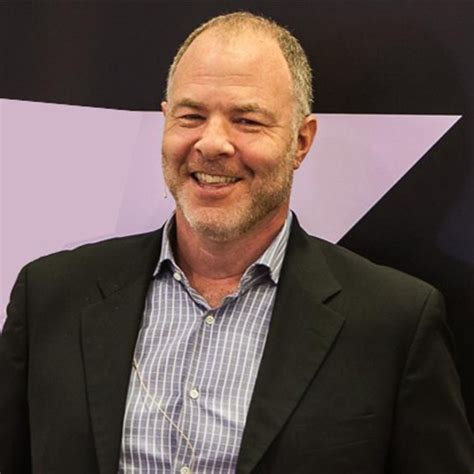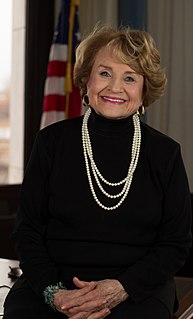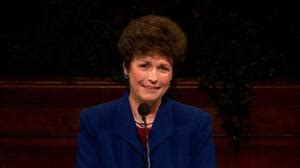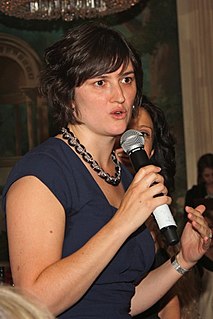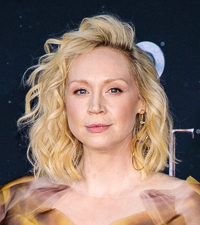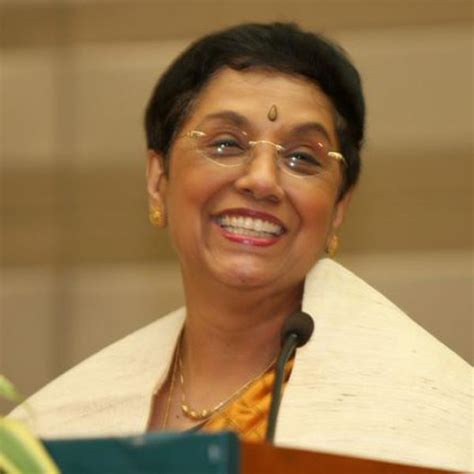A Quote by Natalie Dormer
Women need to have access to counseling services in the way that American or British women can have if something really bad or upsetting happens to them.
Related Quotes
The nature of women's oppression is unique: women are oppressed as women, regardless of class or race; some women have access to significant wealth, but that wealth does not signify power; women are to be found everywhere, but own or control no appreciable territory; women live with those who oppress them, sleep with them, have their children - we are tangled, hopelessly it seems, in the gut of the machinery and way of life which is ruinous to us.
Marjan. I have told him tales of good women and bad women, strong women and weak women, shy women and bold women, clever women and stupid women, honest women and women who betray. I'm hoping that, by living inside their skins while he hears their stories, he'll understand over time that women are not all this way or that way. I'm hoping he'll look at women as he does at men-that you must judge each of us on her own merits, and not condemn us or exalt us only because we belong to a particular sex.
That's part of what I touch on in my [UN] speech - when assaults happen on women and girls in these fragile countries, in these places of crisis, there isn't the psychosocial support. There aren't counseling services. It's not in a lot of cultures to explicitly talk about things that maybe have happened to the body. So, repression of emotion, and shame, and guilt is something that really needs to be handled in humanitarian crises.
There still aren't enough[ roles for women of color]. And I'd say that's the case, not only for African-American women, but for all women in the Hollywood game. It's just slim pickings, and a very challenging time for us. I think that's why more of us need to work our way behind the camera in order to create roles that really illuminate who women are. We still have room for growth in that area, without a doubt.
Many men I come across see women in an antagonistic way, and it's always the basis for a bad relationship. What I mean by that is men who come with pre-conceived notions that women are trying to tie them down, or hold them back, or that women are shallow, or that women are only attracted to money, or whatever it is.
The world has enough women who are tough; we need women who are tender. There are enough women who are coarse; we need women who are kind. There are enough women who are rude; we need women who are refined. We have enough women of fame and fortune; we need more women of faith. We have enough greed; we need more goodness. We have enough vanity; we need more virtue. We have enough popularity; we need more purity.
I think the point of America, our planet, the reason we're all here, one of the best things that we can do is be concerned about something even when it doesn't concern us. That's the whole point. The fact that I've never had to use a Planned Parenthood, the fact that I've never been in need of medical services I couldn't afford or didn't have access to, doesn't mean I shouldn't be concerned about the fact that other women don't have that access.



